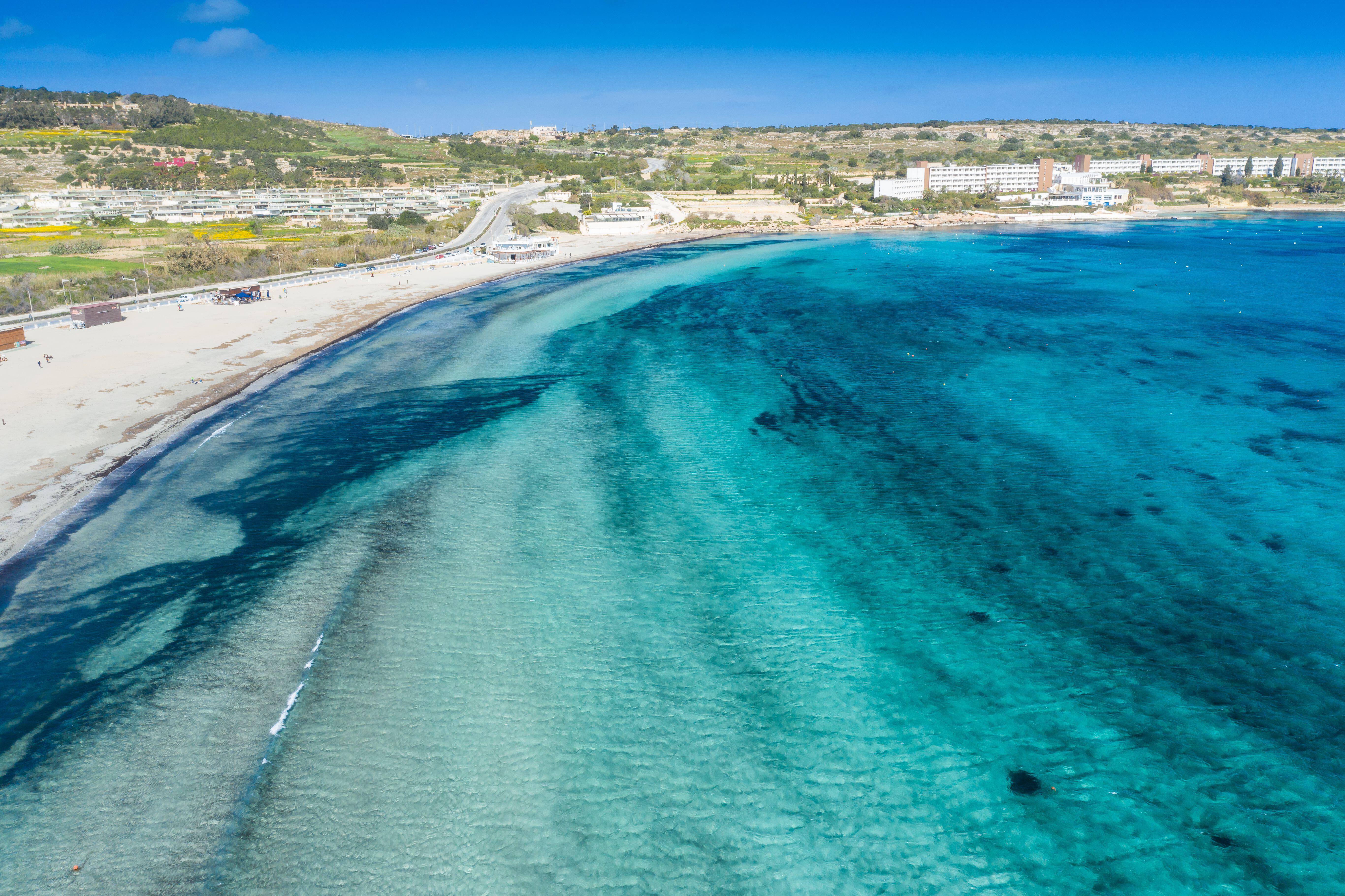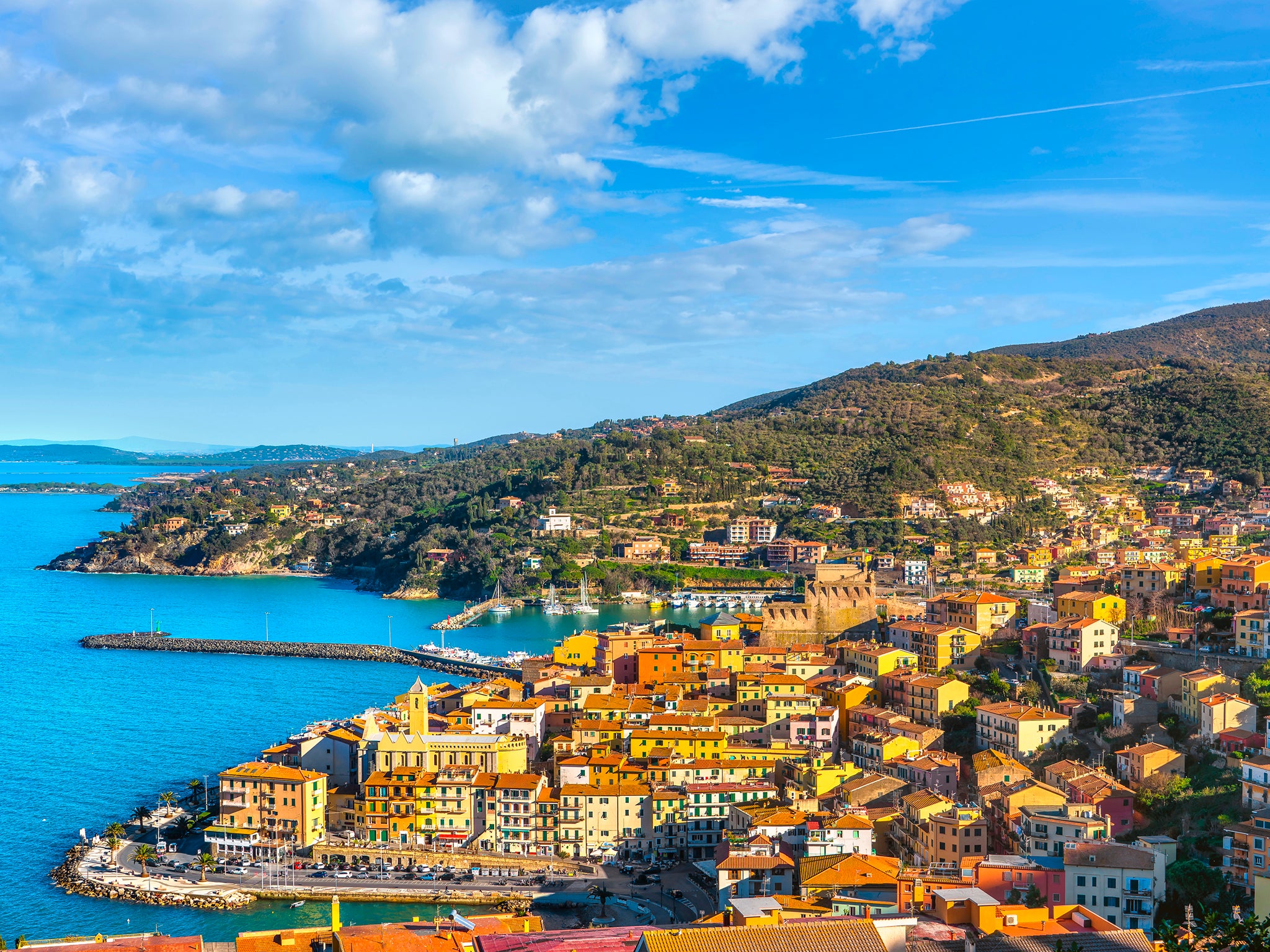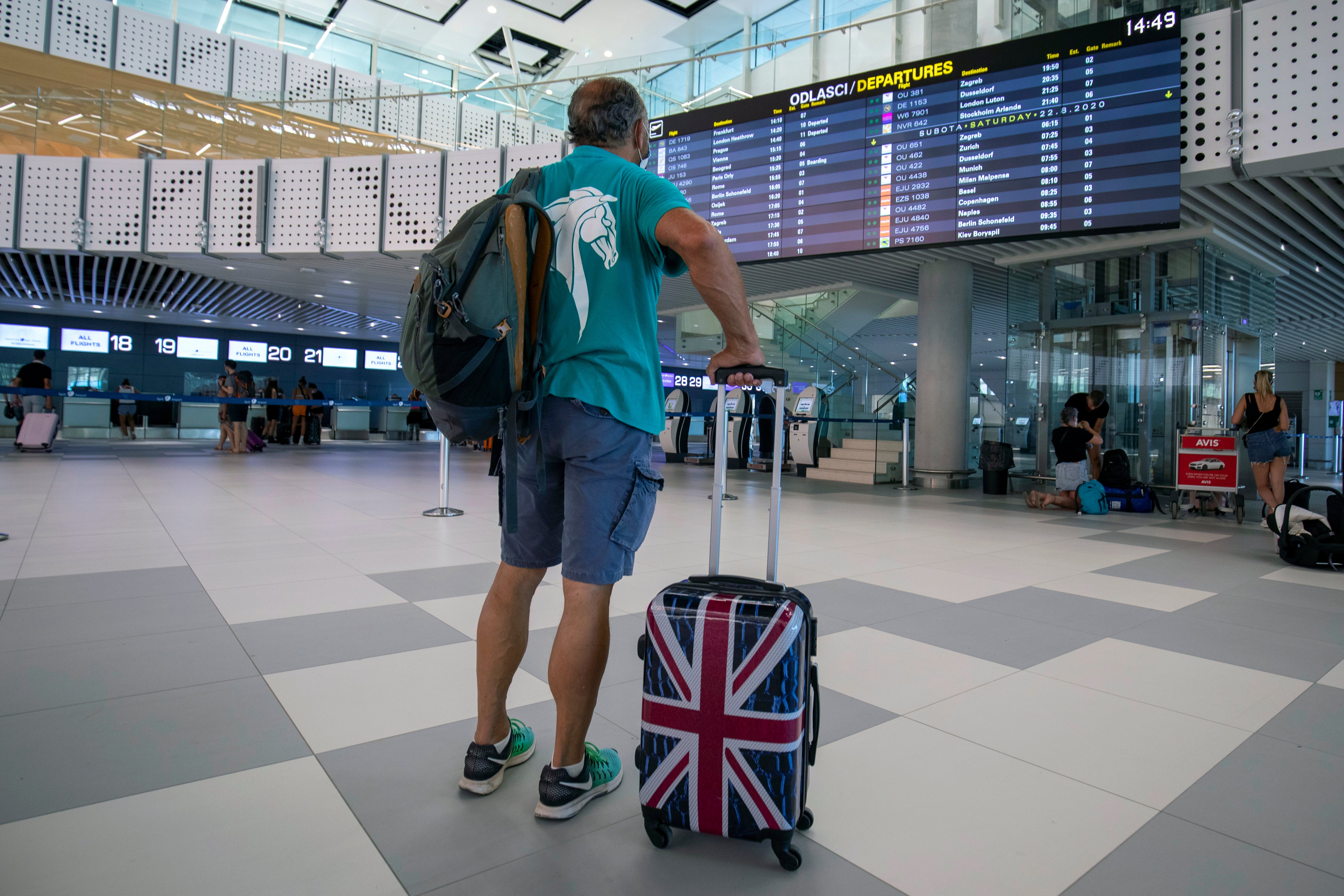Do I need to pay for a Covid test before flying back from a green list country like Malta?
Simon Calder answers your questions on returning home from holiday hotspots, prebooking private tests and holiday refunds


Q Coming back from “green list” countries, I understand you have to book a Covid test prior to the time you fly. Do you need to pay for it, and what language should the results be in: the country’s language? Or is English OK?
Jen J
A Coming back even from a green list country such as Malta, Gibraltar or Iceland, the bureaucracy of testing and form-filling is complex and costly. So allow me to run through it.
First, you need to be clear about how you are going to get your pre-departure test. This is required to be taken on the day of travel or any of the three days before that.
A wide range of tests can be used, of which lateral flow will almost certainly be easiest and cheapest. Local pharmacies or airport clinics will oblige, and some hotels also having visiting clinicians. Two important elements to note: it must be in English, French or Spanish, and you will not be allowed to board a plane, boat or train to the UK without it. Many people will find it convenient to get it a day or two before travelling home.
Next, you must prebook a private PCR test to be taken on the day you arrive back in the UK or one of the two following days. (The results will almost certainly be in English, though I’d like to think you could alternatively get a certificate in Welsh, Gaelic or Cornish.) I find it convenient to take this test immediately on arrival in the UK, so I can go home and forget about the whole dismal routine. Only when you have booked this test can you complete the passenger locator form, which remains infuriatingly confusing. Again, it must be finished, with an email confirmation ready for inspection before you are allowed to travel back to the UK.

Q Can you clarify: if you return from an amber country and on day three of quarantine it turns green, do you still have to quarantine for the remaining seven days and have a PCR test on day eight? Or can you stop quarantining as the country is now green?
Nikki W
A Given the chaotic and irrational nature of the UK’s quarantine regulations, your uncertainty is understandable. A few weeks after blanket quarantine was first imposed in June 2020, the transport secretary, Grant Shapps, said that the obligation to self-isolate (at the time for two weeks) would be removed from a wide range of popular tourist destinations: all the European favourites except Portugal. It would take effect from 10 July, he said. And when asked whether people who were self-isolating from such countries could leave quarantine at the moment the rules were relaxed, he said: “Yes.”
A year on, the rules are different. Once you begin to quarantine from an amber list country such as Spain, France or Italy, there are only three ways to end it: complete self-isolation for 10 full days (not counting the day you arrive back in the UK). In England, take a “test to release” from day five onwards and get a negative result. Leave the UK.
Assuming you are not planning to do the last of these, you must take the requisite test on day eight – yes, even if you have paid for the option of a day five to test to release. If you do not opt for test to release, the government says you can end self-isolation only when you have received a negative result to your day eight tests – and, says the official advice, “you are well”.

Q We originally had a flight booked for last July which we opted to postpone and move to July 2021. We paid around £1,100 initially, then a further £200 to change to this year. With continuing travel restrictions, we are unable to quarantine and therefore want to cancel altogether. Can we ask for a full refund?
Brendan O’D
A You say you “opted” to switch flights – which suggests to me that you decided to move the departure while the trip was still operating.
Just a reminder about what the law says: if you are booked on a flight that is cancelled, you are entitled to a full refund.
But I am afraid this does not appear to apply to you. As it was last July, if it was to Europe there’s a good chance that the flight did go ahead; blanket quarantine was lifted from many European countries on 10 July 2020, and many airlines operated a significant number of planned flights. Legally, though, if you opted to postpone the trip it makes no difference: you are not automatically entitled to a refund. Bluntly, if you decided to change a flight (even if it was subsequently cancelled) then you are on the back foot.
The best you can hope for is that the replacement flight is cancelled. At this point many airlines will hand back the total fare paid, though some may be pernickety and insist that since you chose to annul the original contract, you can have only a voucher back. This is one of those legally cloudy issues.
If the flight goes ahead, you may have a battle on your hands. Airlines are actually going beyond their legal obligation by offering the chance to rebook on the same route on a later date or to take a voucher.
A voucher is certainly more versatile than being obliged to bump the flight still further. Some carriers offer the option to transfer the voucher to someone else. If that is the case, then you are in a reasonable situation; family or friends may well take the voucher of your hands for face value or at a discount. And if they don’t want it, let’s talk...
Email your questions to s@hols.tv or tweet @simoncalder
Join our commenting forum
Join thought-provoking conversations, follow other Independent readers and see their replies
Comments
Bookmark popover
Removed from bookmarks